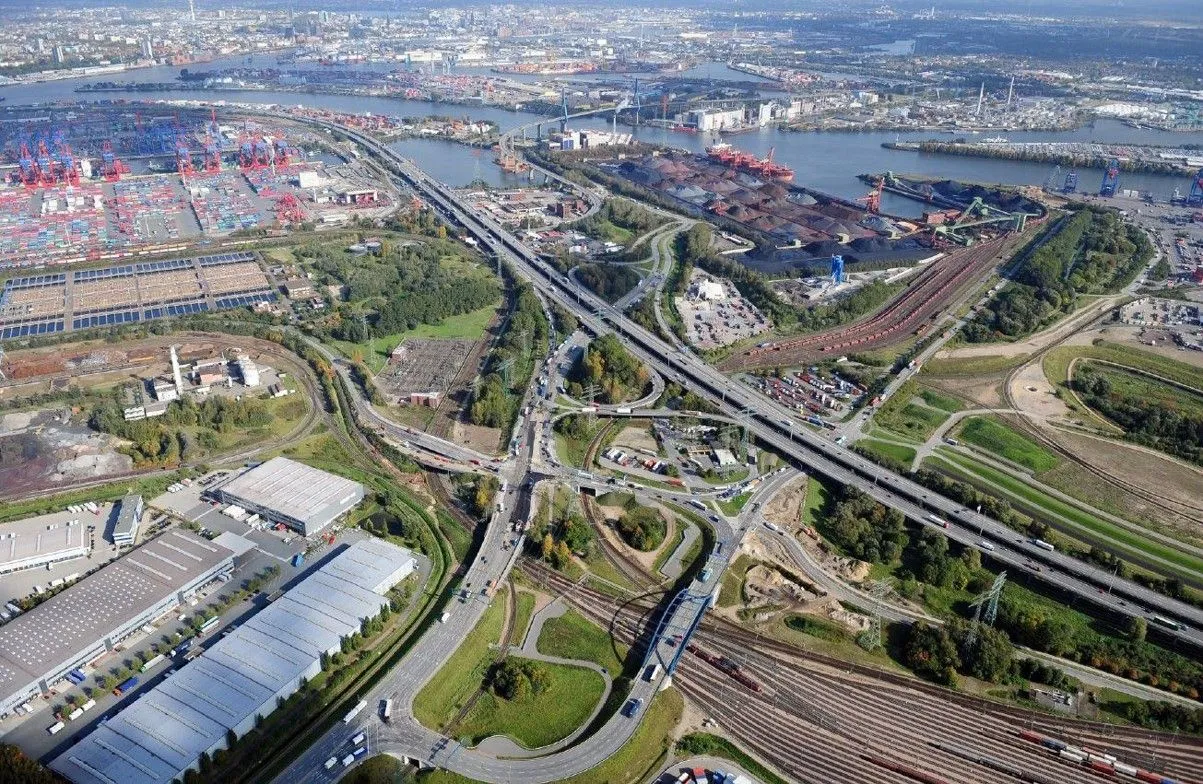The Canadian province of British Columbia could put options for a Massey Tunnel replacement out to consultation late this year or early next.
A statement from the BC ministry of transportation and infrastructure said the government is in discussions with various stakeholders about which options it will put out for consultation.
Whatever option is chosen to replace the ageing four-lane Massey Tunnel – be it a bridge or another tunnel – it will be will be either six or eight lanes, according to the government website.
“The ministry is working closely with the newly-formed
In July 2019, the Mayors’ Task Force endorsed a short list of six options, focusing on addressing significant off-peak congestion, managing peak congestion, and providing attractive options for transit and active transportation.
The three six-lane options are a bridge plus two traffic lanes and multi-use path (MUP) in the existing tunnel, a bored tunnel plus two traffic lanes and MUP in the existing tunnel and an immersed tube tunnel plus two traffic lanes and MUP in the existing tunnel.
The three eight-lane options are a bridge with MUP, a bored tunnel plus MUP in the existing tunnel and an immersed tube tunnel plus MUP in a new or the existing tunnel.
In September 2017, the newly elected BC government stopped the design-build-finance-operate-maintain procurement process for a proposed 10-lane 3km cable-stayed bridge costing US$2.8 billion. At the time, local media said the province would pay $1.65 million to two of the three shortlisted consortia which had already submitted bids for what is officially called the George Massey Tunnel Replacement project, Completion was scheduled for 2022.
One consortium was headed by Spanish company ACS and its local subsidiaries and included Star America Infrastructure Partners and Aecon. Another of the competing consortia comprised Kiewit, Macquarie and Vinci. The third was made up of Fluor, John Laing and SNC-Lavalin.
The plan had been to demolish the tunnel after the a new bridge is opened, although some nearby municipal and city mayors advocated upgrading and twinning the Massey Tunnel - originally called the Deas Island Tunnel when it was opened by Queen Elizabeth in 1959. It carries a four-lane divided highway under the south arm of the Fraser River estuary, joining the city of Richmond to the north with the municipality of Delta to the south.
Meanwhile, Safety and Reliability Improvements work continues on the old tunnel – Canada’s only road tunnel below sea level and which under the now defunct bridge scheme was to have been demolished. Crews have installed higher visibility raised pavement markings on the approaches to and through the tunnel. Roadway and tunnel lighting is being converted to the LEDs. Upgrades to the fire alarm, fire door, ventilation and electrical also continue apace, according to the provincial government.
Consultation soon for Vancouver area’s Massey Tunnel replacement
The Canadian province of British Columbia could put options for a Massey Tunnel replacement out to consultation late this year or early next.
A statement from the BC ministry of transportation and infrastructure said the government is in discussions with various stakeholders about which options it will put out for consultation.
Whatever option is chosen to replace the ageing four-lane Massey Tunnel – be it a bridge or another tunnel – it will be will be either six or eight lanes, according to the gove
September 19, 2019
Read time: 3 mins






